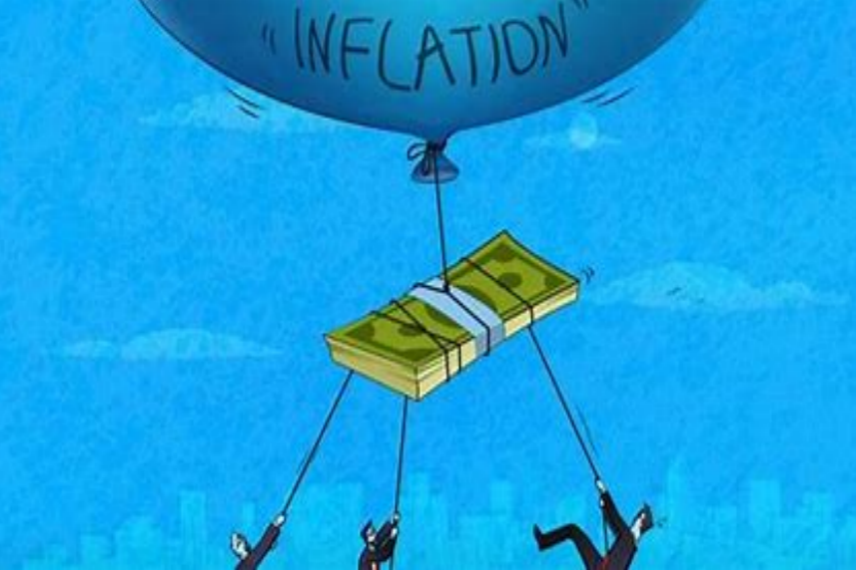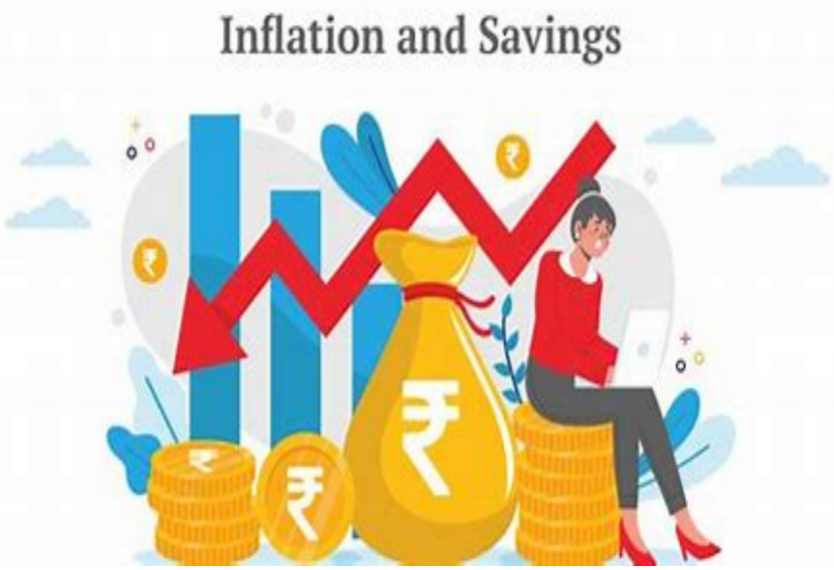In times of ongoing inflation, the classic dilemma of saving versus investing becomes increasingly important, particularly for those with significant spending capacity. Traditional advice is not enough anymore; now, a more advanced strategy that takes advantage of specialized financial tools and market knowledge is necessary. Let’s look at ways wealthy individuals can manage their finances effectively to protect and enhance their wealth.
Rethinking Savings in the Inflationary Environment
Savings accounts, which were once considered a secure option, are now challenged by inflation diminishing their actual worth. Nevertheless, individuals with substantial wealth can enhance their savings methods. Some banks are now providing savings products that are linked to inflation, adjusting interest rates according to the consumer price index (CPI). Such accounts help maintain the purchasing power of your savings in line with inflation, offering a more reliable alternative to standard savings.

Another creative option is short-term Treasury Inflation-Protected Securities (TIPS). The principal value of TIPS changes with inflation, and upon maturity, you receive either the adjusted principal or the original amount, whichever is higher. This makes them a dependable choice for keeping capital safe while earning a small return, particularly suitable for funds that must remain easily accessible.
Unveiling Alternative Investment Avenues
Periods of inflation frequently lead to the exploration of different investment options that may yield better returns than standard assets. For example, items like art and collectibles have often acted as protection against inflation. Valuable pieces of art, vintage wines, and classic cars not only tend to increase in value over time but also usually keep their worth during times of rising prices. Wealthy individuals can balance their investment portfolios by putting some money into these physical assets, which have the potential to appreciate significantly over the long term.

Investing in private equity within robust sectors like infrastructure and essential services also provides a valuable opportunity. Projects related to infrastructure, such as toll roads and energy plants, typically have income sources that can be adjusted based on inflation rates. By directing funds toward private equity investments in these domains, affluent investors can benefit from steady cash inflows and possible capital growth, thus protecting their wealth from inflationary challenges.
Leveraging Technology - Driven Investment Tools
The rise of the digital era has brought about sophisticated tools for investing that can improve portfolio results during times of inflation. For instance, robo-advisors utilize algorithms to build and oversee varied portfolios that align with your risk appetite and financial objectives. They are capable of adjusting investments based on fluctuations in inflation rates, which helps keep your assets well-balanced.
Additionally, several platforms now provide options for inflation-targeted exchange-traded funds (ETFs). These ETFs follow indices made up of assets that have been shown to withstand inflation, including commodities, real estate investment trusts (REITs), and bonds tied to inflation. Investors with significant wealth can leverage these ETFs to swiftly and effectively add inflation-protected assets to their portfolios, all without needing extensive market knowledge.

Balancing Risk and Reward
In today's financial environment, shaped by inflation, achieving an ideal mix of savings and investments is essential. Those who spend a lot should keep some of their assets in easily accessible and inflation-resistant savings to ensure they have financial backup for emergencies. At the same time, putting a considerable amount into a variety of investments can help increase wealth.
Nevertheless, it is vital to manage risks effectively. Before putting money into alternative assets or new financial products, thorough research is necessary. It may also be beneficial to consult with financial experts who focus on strategies that protect against inflation, utilizing their knowledge to navigate complicated market situations.
To sum up, in a time of rising prices, deciding between saving and investing isn't simply a choice but a careful balance. By redefining their approach to savings, investigating alternative investment options, using technology-based tools, and managing risks wisely, wealthy individuals can make their money work more effectively, ensuring the safety and growth of their finances during economic unpredictability.





